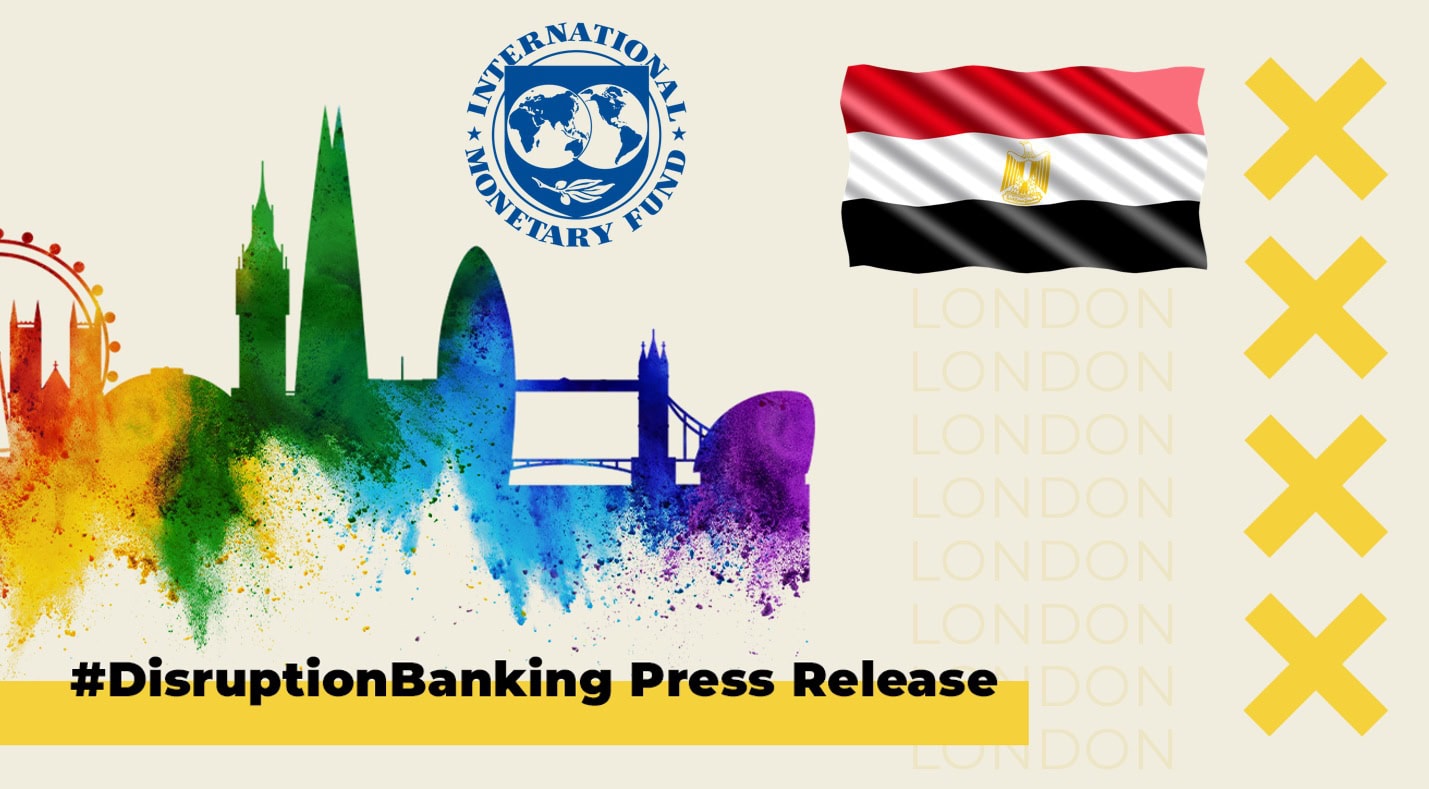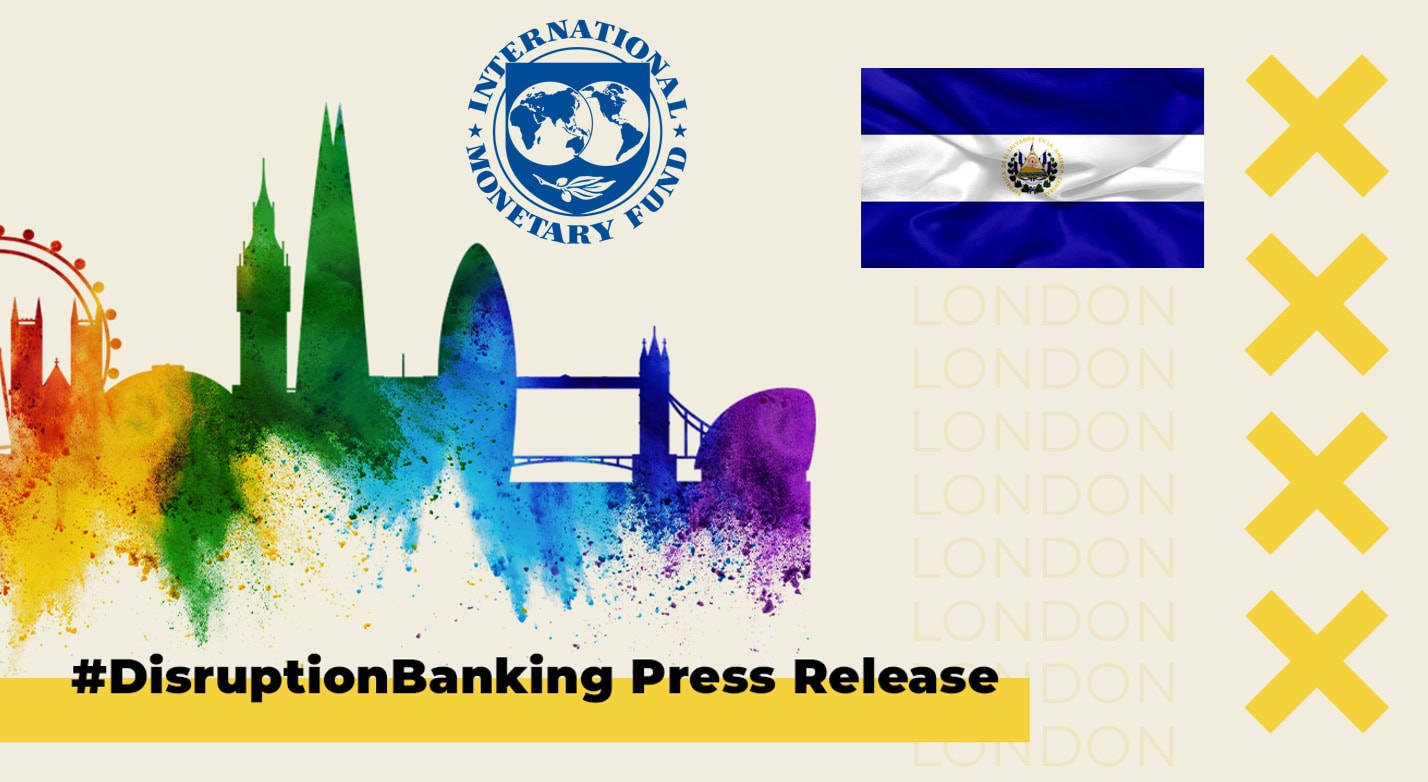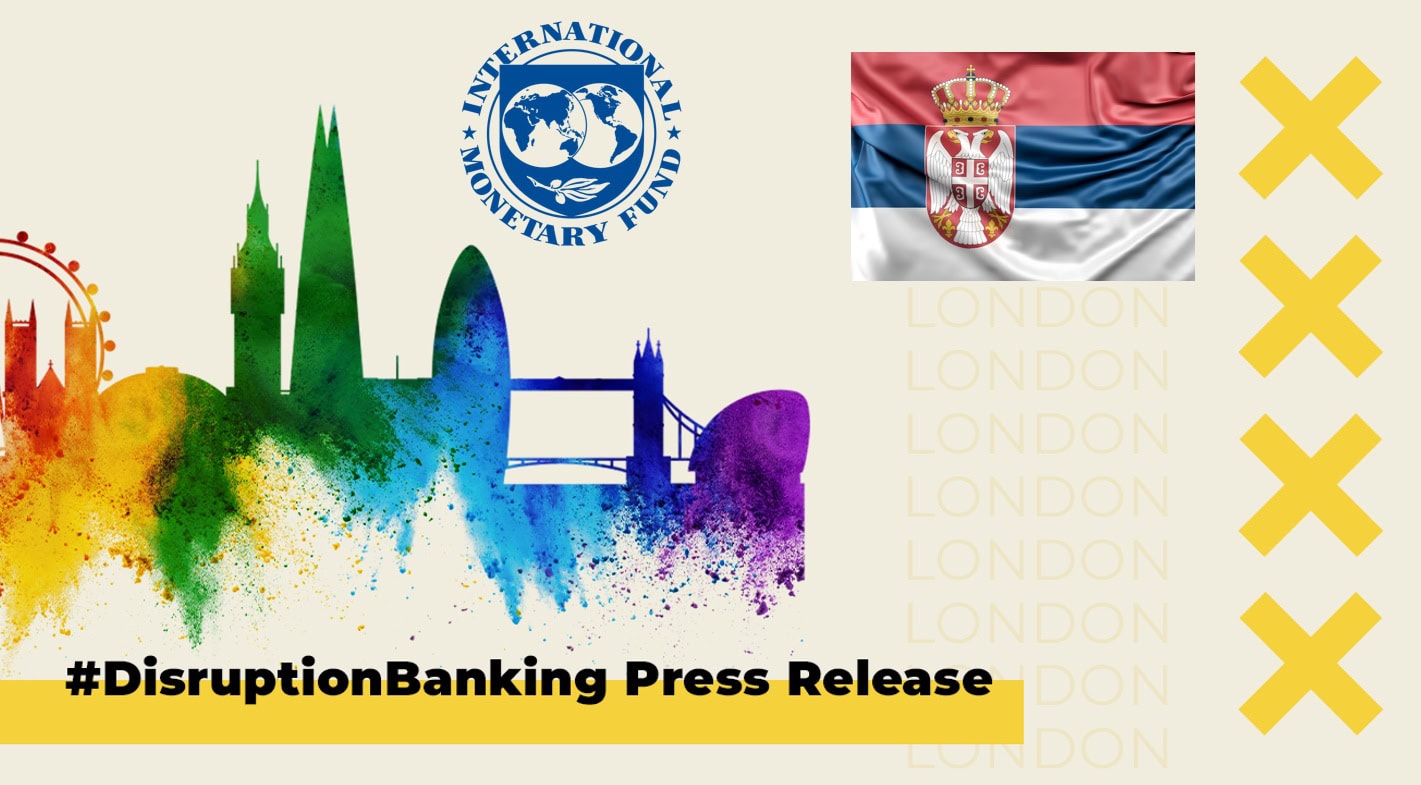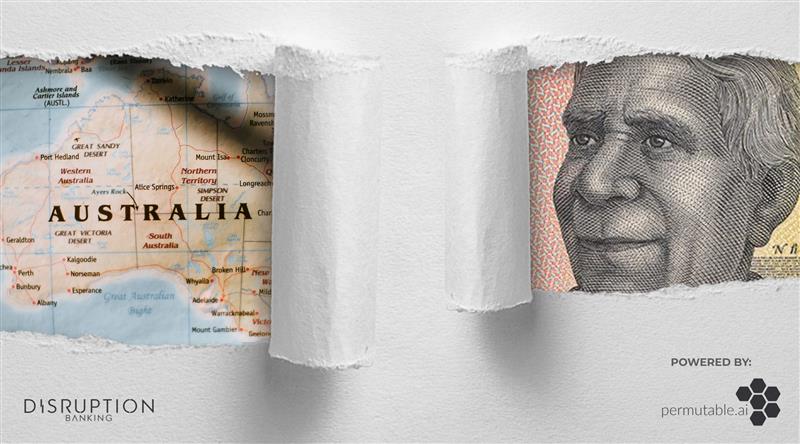- Growth was resilient and inflation rose modestly in 2024, despite tight financing conditions and elevated global and regional uncertainty.
- Government debt continued rising. Additional fiscal measures and structural reforms are essential to put it on a durable downward path.
- Financial stability has been well-maintained. Efforts to further strengthen macroprudential tools and bank resolution and crisis prevention frameworks should continue.
Washington, DC – November 24, 2025: An International Monetary Fund (IMF) mission led by Mr. John Bluedorn visited Manama during November 9–20, 2025 to conduct discussions for the 2025 Article IV consultation. The mission will submit a report to IMF management and Executive Board, which is scheduled to discuss the Article IV consultation in January.
At the conclusion of the visit, Mr. Bluedorn issued the following statement:
“Despite tight financial conditions and elevated global and regional uncertainty, Bahrain’s real GDP grew at 2.6 percent in 2024, while CPI inflation picked up modestly to 0.9 percent. However, the fiscal position continued to deteriorate in 2024, with the overall fiscal deficit to GDP rising to 11 percent and gross government debt to GDP increasing to over 133 percent. After rising to more than a quarter of GDP in 2024, the government’s overdraft at the CBB has since declined 8 percent over 2025, while foreign exchange reserves have increased 11 percent. The current account decreased in 2024, but stayed in surplus at 4.8 percent of GDP.
“Growth is anticipated to rise to 2.9 percent in 2025 and to 3.3 percent in 2026, with the completion of refinery upgrades and robust services, particularly in tourism and the financial sector. Over the medium-term, real GDP is expected to grow at around 3 percent, driven by the nonhydrocarbon sector, which is projected to account for nearly 90 percent of the economy by 2030. Reflecting recent deflationary pressures, consumer prices are projected to remain flat in 2025, before CPI inflation rises to steadily converge to 2 percent over the medium term. However, absent new fiscal measures, the elevated debt-to-GDP ratio is expected to rise further.
“To bring debt down durably and reduce risks, the priority is to commit to a steady, multi-year fiscal consolidation package, with efforts appropriately staggered to smooth the adjustment, alongside structural reforms to boost growth. Among the key measures to improve the fiscal balance are the introduction of a general corporate income tax to raise nonhydrocarbon revenues and reducing broad energy subsidies while targeting social transfers to protect the most vulnerable households. This package would balance growth and equity considerations and fiscal sustainability. Adopting a clear and well-communicated anchor for fiscal policy would further solidify credibility and help to reduce economic risks.
“The Central Bank of Bahrain should continue to closely follow the U.S. Federal Reserve in changes to its policy stance, in line with its fixed exchange rate regime. Finalizing the ongoing upgrade of the bank resolution and crisis prevention framework would help to further safeguard financial stability. Developing additional tools for domestic market liquidity management—including open market operations—would foster the local currency bond market and promote greater financial market deepening. As innovations in fintech and crypto assets sectors grow, continued close monitoring of the bank and non-bank linkages is key to preserving financial stability.
“Structural reforms to boost labor productivity through human capital and digital infrastructure investments would contribute to growth and ease the necessary fiscal consolidation. Further enhancing education and training will help to ensure a better alignment of skills with evolving labor market needs and readiness for future technological developments. There is also room to further deepen intra-GCC trade and investment, including through the harmonization of business regulation, while also expanding to non-GCC markets. Undertaken in parallel with measures to further enhance its business-friendly environment, such actions would lift Bahrain’s medium-term growth and improve economic resilience.
“The IMF mission team wishes to express its appreciation to the Bahraini authorities for their cooperation, hospitality, and ready engagement in helpful discussions.”
Important Information:
End-of-Mission press releases include statements of IMF staff teams that convey preliminary findings after a visit to a country. The views expressed in this statement are those of the IMF staff and do not necessarily represent the views of the IMF’s Executive Board. Based on the preliminary findings of this mission, staff will prepare a report that, subject to management approval, will be presented to the IMF’s Executive Board for discussion and decision.
See Also:
Bahrain markets struggle to compete with regional rivals | Disruption Banking
















